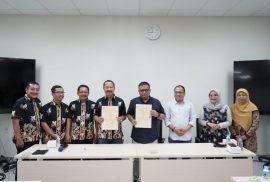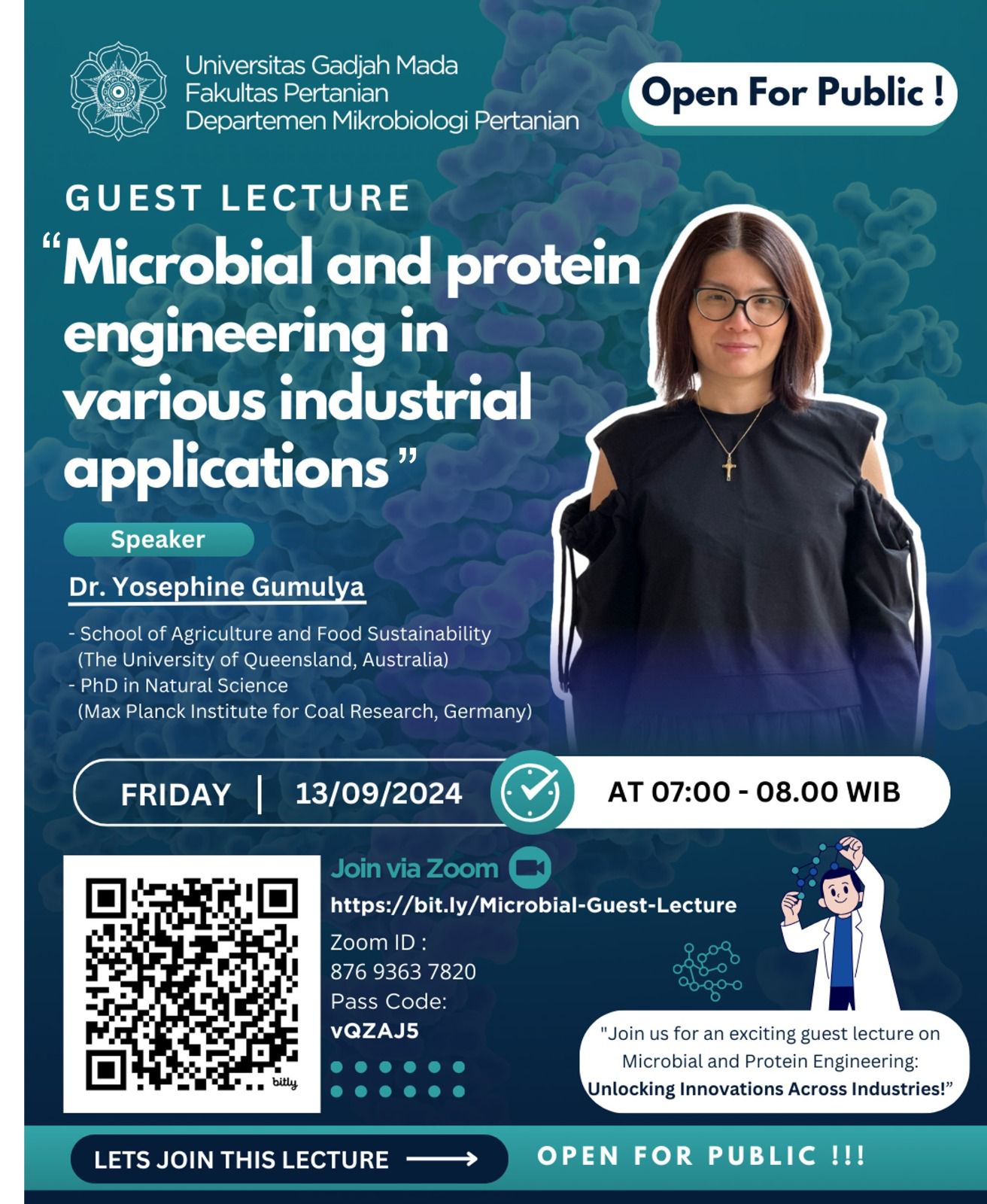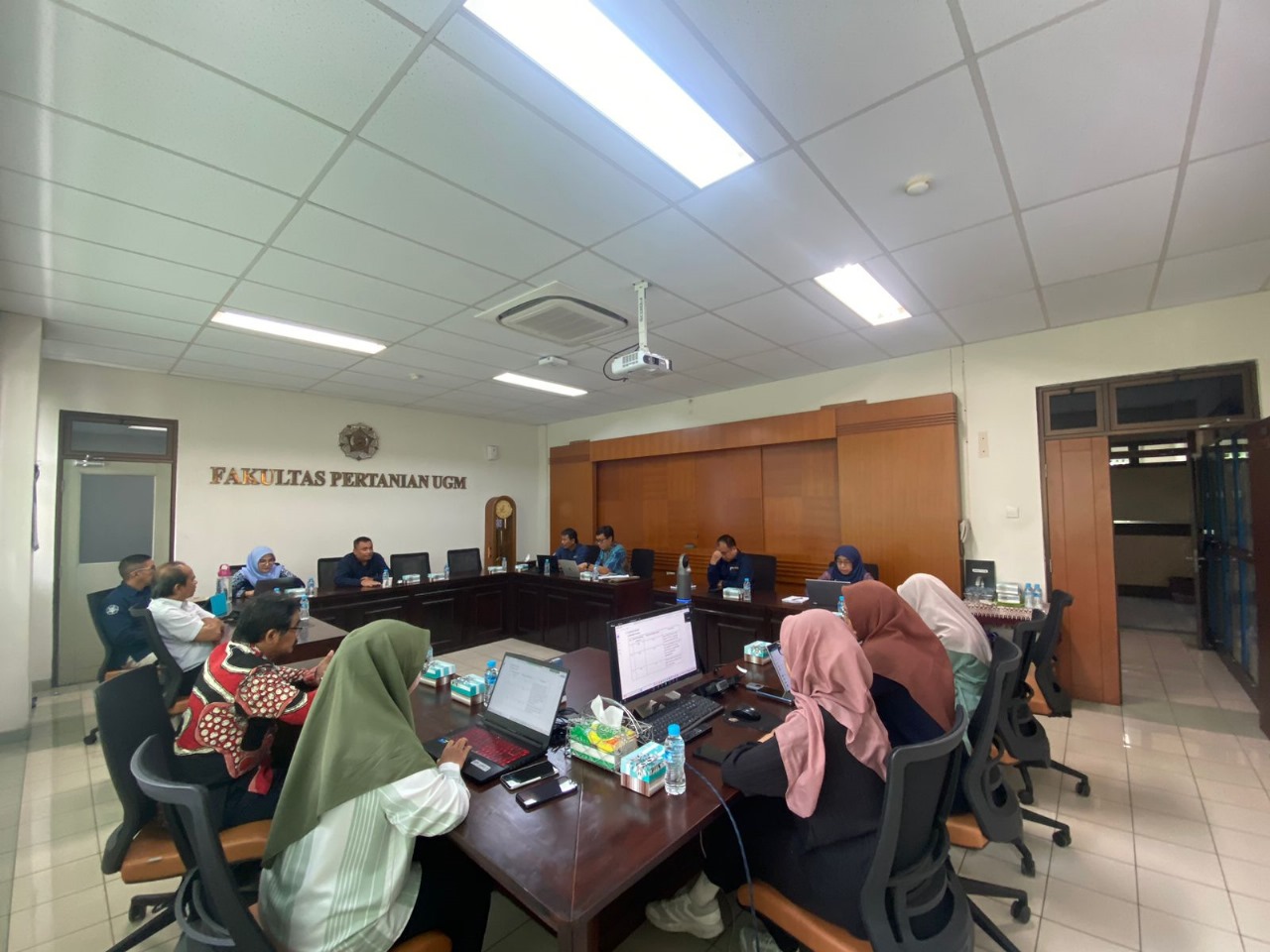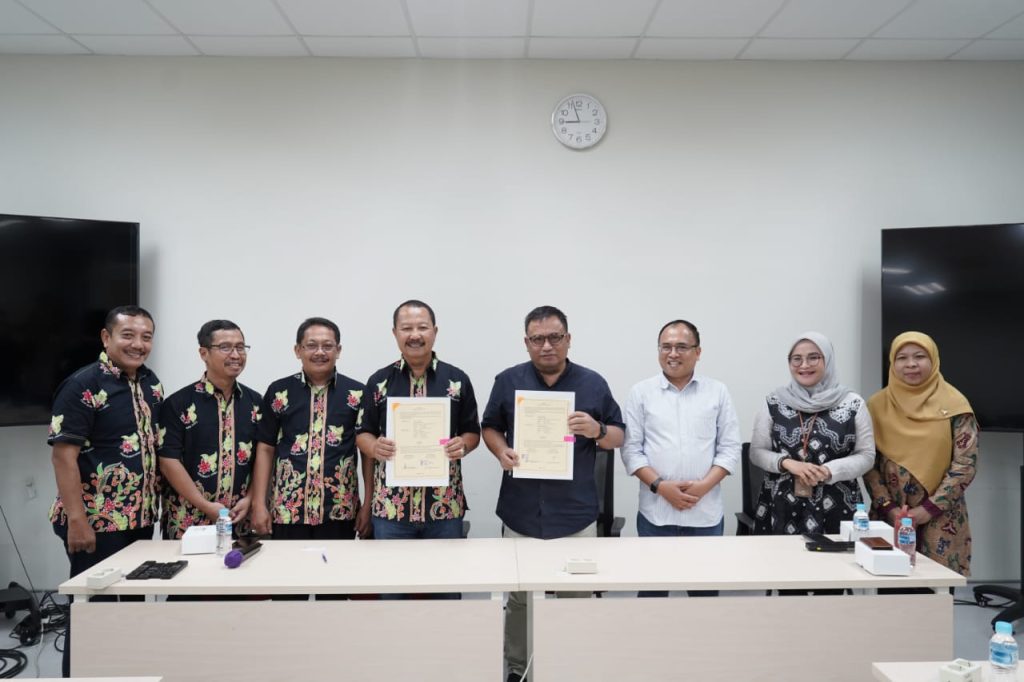
The Faculty of Agriculture at Universitas Gadjah Mada (UGM) and the Faculty of Agriculture at Universitas Jember (UNEJ) officially established a collaboration on Thursday, 3 October 2024. This agreement coincided with UNEJ’s visit to UGM for a comparative study and focus group discussion (FGD). The collaboration is expected to provide new insights and pave the way for strategic partnerships in human resource development, academic quality, and scientific publications at both institutions. This initiative also supports the “Merdeka Belajar Kampus Merdeka” (MBKM) program promoted by Indonesia’s Ministry of Education, Culture, Research, and Technology.
“Today, we are here to discuss and learn together about human resource development, cooperation, and education. We hope to gain a lot of insights from UGM’s Faculty of Agriculture, and hopefully, this knowledge and experience can benefit others as well, said Prof. Dr. Ir. Soetriono, M.P., Dean of the UNEJ Faculty of Agriculture.
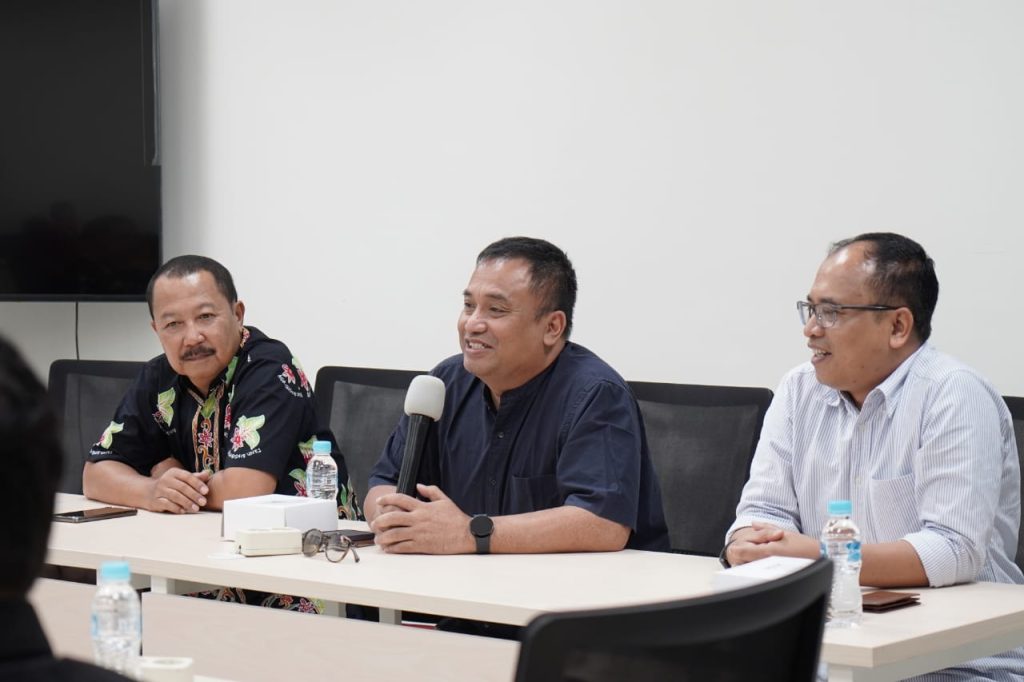
The scope of the collaboration includes the exchange of scientific works, such as articles, journals, and books, as well as the organization of academic forums at both national and international levels. Additionally, both faculties agreed to conduct student exchanges, including field visits, internships, research, and other activities that support practical learning in the field of agriculture.
The signing ceremony for the cooperation agreement was carried out by Ir. Jaka Widada, M.P., Ph.D., Dean of the UGM Faculty of Agriculture, and Prof. Dr. Ir. Soetriono, M.P., Dean of the UNEJ Faculty of Agriculture. On this occasion, Ir. Jaka Widada also expressed his hopes for an established collaboration.
Through this partnership, both faculties aim to strengthen collaboration in various strategic fields. This cooperation also supports the Faculty of Agriculture in achieving the Sustainable Development Goals (SDGs), particularly SDG 1: No Poverty, SDG 2: Zero Hunger, SDG 3: Good Health and Well-Being, SDG 4: Quality Education, and SDG 17: Partnerships for the Goals.
Author: Agrit Kirana Bunda
Editor: Desi Utami
Documentation: Media Faperta

